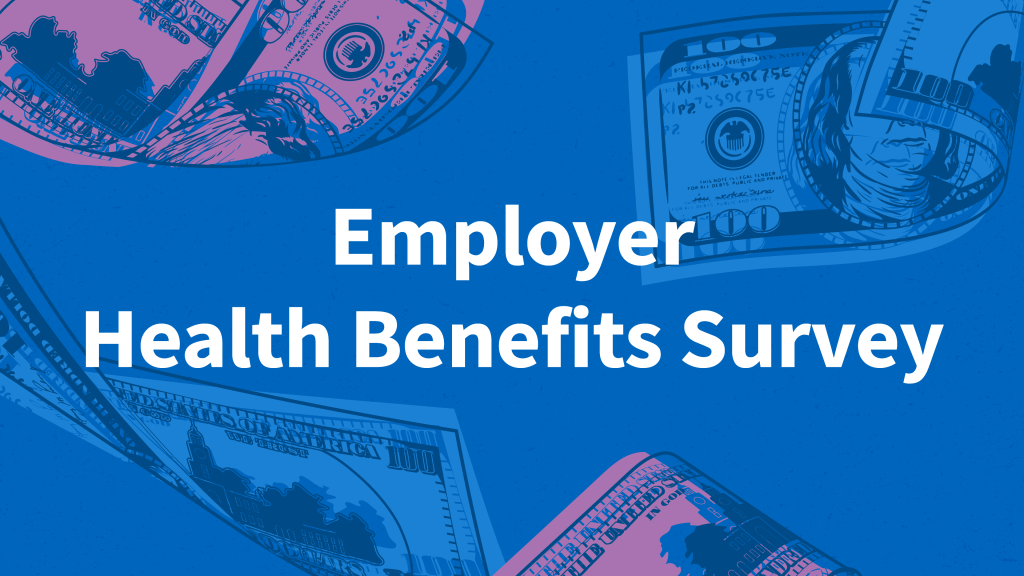Two Substantive Sides to Debate Over Obamacare’s ‘Cadillac Tax’
In his latest column for The Wall Street Journal’s Think Tank, Drew Altman says the debate about whether to keep or repeal the Cadillac tax is more than a debate between sound policy and good politics, there are strong substantive arguments on both sides. All previous columns by Drew Altman are available online.
